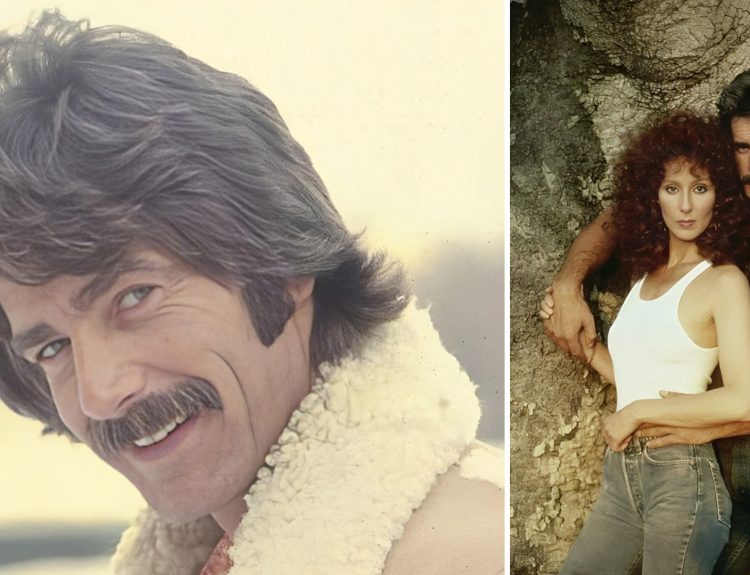Not unlike many other languages, English has many expressions, words, and phrases that sadly have racist backgrounds. You may not even know that many of the phrases you use on a regular basis have a not so pleasant history attached to them, but after reading this you may reconsider using them again, let’s take a look at 24 of them.
Uppity
If you were to use this expression today, many people might assume you are referring to someone who is snobby.

The truth is that the term “uppity” is historically connected to a time when using racial slurs towards a black person was acceptable. It was typically used by southern U.S. people to describe an African American person who didn’t know their place in society.
Peanut gallery
If you have said “no more comments from the peanut gallery” it’s likely that you’re trying to convey to someone that you have had enough of their unwelcome comments.

The phrase actually stems from the Civil War-era, used as a racist saying referring to the cheapest seats in the auditorium, where they sold cheap peanuts as snacks and black individuals were forced to sit.
Hooligan
The word hooligan is usually used to describe someone that is being mischievous or a troublemaker. It is believed that the word actually stems from an Irish surname, either Houlihan or O’Hooligan, and was used during that time by the British during the Victorican era as a slang term to describe a disreputable Irishman that was causing trouble.

In vaudeville shows the name was used in characters that were drunk, unruly Irish ruffians.
Gyp/Gypsy
Contrary to popular belief the word Gypsy is not an ethnic group, it is actually a racial slur that is used to describe people from Romani origin.

It came about when Europeans misidentified Romani people for Egyptians based on the color of their dark skin. These people have experienced discrimination for centuries (even still today) and oftentimes unfairly labeled as thieves, hence the racist expression “getting gypped” to refer to being cheated.
Eeenie, Meenie, Miney, Moe
This seemingly harmless song that children often sing has a horrendous background that you may not be aware of: in the next line of the song “catch a tiger by the toe,” the word “tiger” used to be an extremely racist slur.

This song may be referring to the process of selecting a slave, or even to describe what was done to those slaves that attempted to run away.
No Can Do
In today’s day and age this is a common saying typically used as a carefree negative response to a request.

However, it’s origin isn’t so lighthearted, it is derived from a racial phrase that was used to make fun of Chinese immigrants that came to America in the early 20th century that spoke broken English. So it might be time to use a different phrase when needing to say you can’t do something.
Sold down the river
When people say “I was sold down the river” it means they feel like they have betrayed or cheated. It actually comes from a racial expression from the 18th century.

American slave owners would sell their ‘difficult’ or “unruly” slaves to other plantation owners from down the Mississippi river, where the living conditions were more deplorable.
Long time no see
This is another term that was used to mock Chineses immigrants, “long time no see” was a phrase used in lue of ‘I haven’t seen you in a long time.”
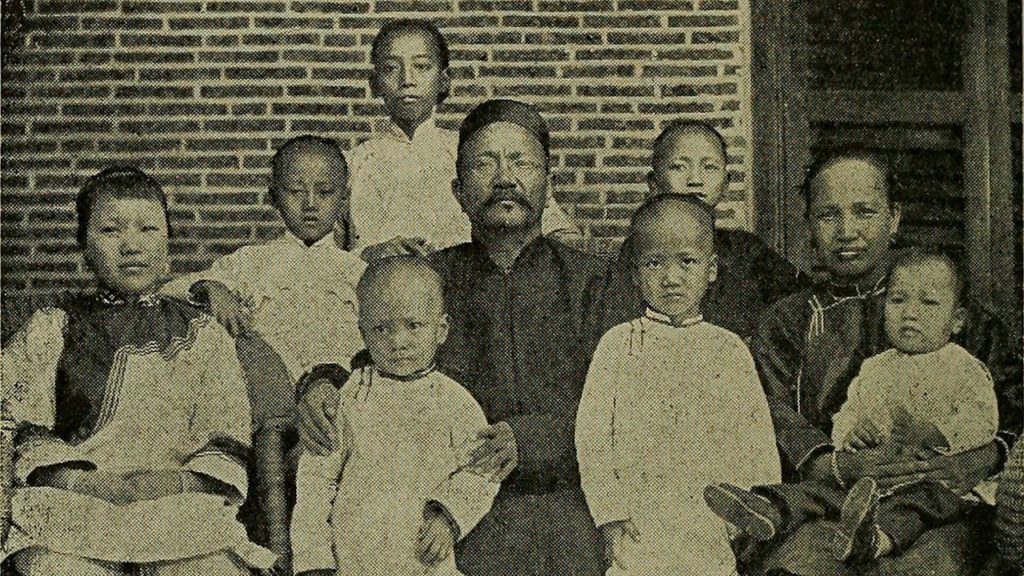
Just another way Americans of the time make fun of Chinese broken English. Sad, right?
Eskimo
The word esquimaux is actually a native word that means “one who nets snowshoes,” which is actually an accurate way to describe people who live in the Arctic region.
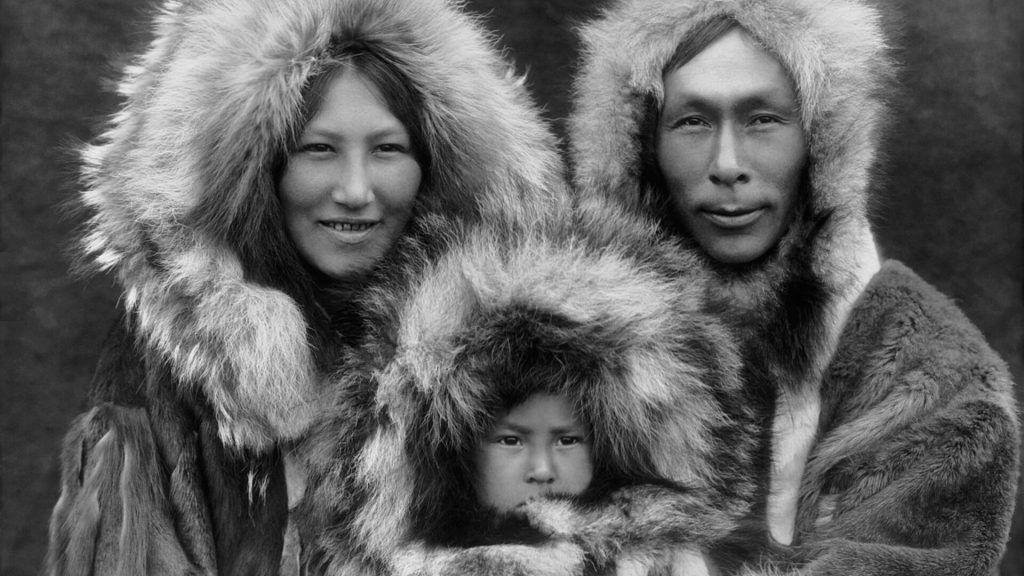
Many natives however find this to be a racist term used by colonizers, pegging them as barbarians or uncivilized people.
Off The Reservation
This is used as a way to describe someone that is out of line or not listening to the rules set for the group to which they belong.

An expression that is derived from the fact that Native Americans were bound to the reservations, with their movements being limited by the U.S. Government.
Mumbo Jumbo
The expression mambo jumbo comes from the name Maamajomboo, a character that is often seen as a male dancer in West African Mandinka cultural ceremonies.

Explorers in the 1730s from Britain got his name incorrect and found him to be disgusting and scary. They also saw his rituals as pointless, thus the reason for using this phrase to describe something that is as in “unintelligible nonsense.”
Chinese Whispers
This is a term that is heard more in the U.K., it is referring to gossip or inaccurate rumors. It’s sometimes used to describe the children’s game ‘telephone.’

The suspicion is that it was derived from the concept that Chinese immigrants struggle with understanding and translating the English language. It isn’t as derogatory as some of the others, however it still isn’t very kind either.
Ghetto
In ancient times in Venice, the ghetto was a place where Jewish people lived, so this word is used to indicate that someone lives in an area that is considered lower class or poor.
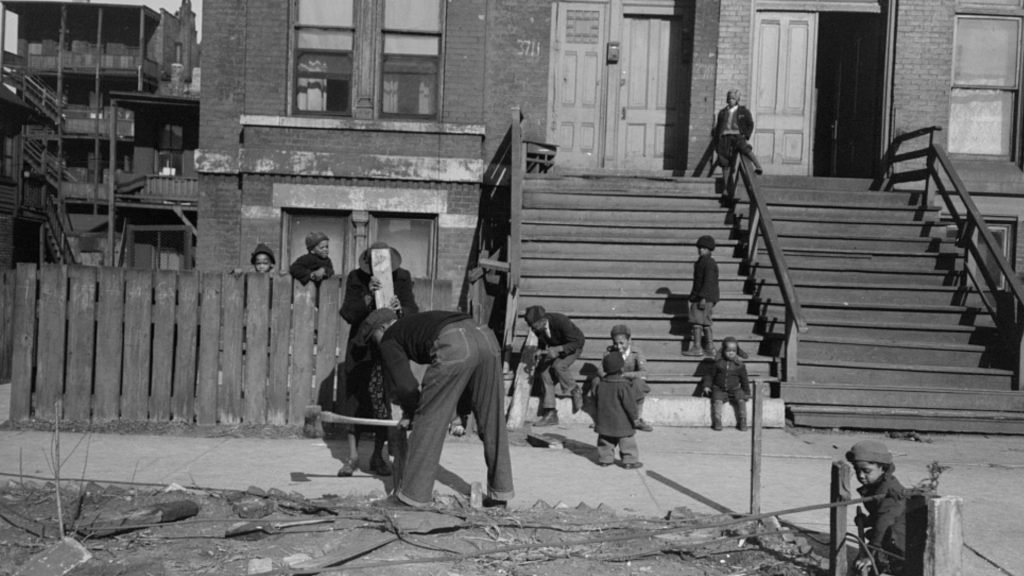
It implies that the person using it thinks that minorities or racialized groups living there are those things also.
Fuzzy Wuzzy
Fuzzy Wuzzy sounds so cute and cuddly, but the reality is that British colonial soldiers in the 1800s used this as a racial slur to mock East African nomads, ones who had darker skin and curly hair.

It later would expand its reach and was used to describe people from other areas like Sudan and Papua New Guinea.
Grandfather clause
This expression is used typically in law, referring to situations where an old law is applicable to a new law.

Sadly the origin of the grandfather clause comes from a time when the American South would deny black individuals the right to vote. Claiming that only those and their descendants who were allowed to vote prior to 1866 were exempt from property, educational, or tax requirements for voting.
Thug
This word actually has roots from India, it was meant to describe a “ruffian” or “troublemaker”. Now it is typically used by white people to negatively describe younger black people, specifically males, as violent, irrational, deceitful gang members.

This label is typically used to draw assumptions about a person based on how they speak, dress, or by other actions they make.
Inner City
One might think that this is a harmless term used to describe a geographical location, such as “she is from the inner city.”

But in the U.S. this is a term often used as a sort of code term to describe the African American community, implying they are lazy, poverty stricken, criminal, dependent on state assistance. In layman’s terms it is judgemental and racist.
Jew Him Down
Regrettably, anti-Semitism, clearly hasn’t gone anywhere since the unimaginable events that took place during the second World War. The phrase “Jew him down” is still used to describe bargaining with someone for a lower cost.

it comes from a time when people viewed Jewish people as money hungry individuals that would do just about anything to pitch a penny.
Tipping Point
At one point this phrase meant exactly what it says- the point at which something tips- sometime in 1950s America to a racist place.

It was used to describe the instance to which a certain number of African Americans would move into a neighborhood, thus forcing white families to move to other areas.
Oriental
The word oriental actually means “Eastern,” the issue with using this to describe people from East Asia is that it implies that they are different from Western, not white, and somehow this makes them less than.

You won’t find anyone from East Asia referring to themselves as Orientals, and really no one else should either. It’s just as easy to address the specific nationality or simply say Asian.
Chop chop!
When someone says “chop chop” these days they are trying to tell you to hurry up. It comes from the Cantonese word kap or “make haste”

It can also mean that the person using it considers themselves to be higher in status than the person they are saying it to. Doesn’t help that it was also used in the past to mock the English of Chinese speaking immigrants.
Cotton-Picking
Have you ever said “Just a cotton-picking minute!” Many have and still do, but its history is bleak. If you know anything about slavery days then you know that cotton was picked almost exclusively by black slaves in the South.

Many people feel as though this phrase is inappropriate at best, It may or may not be, but enough people find it to be rude, best to consider a different choice of words.
Indian Giver
This is a pretty obvious racial expression, it means that someone gave something such as a gift and then later demands for it back. This came on scene as a result of European settlers not understanding the native Americans barter system.
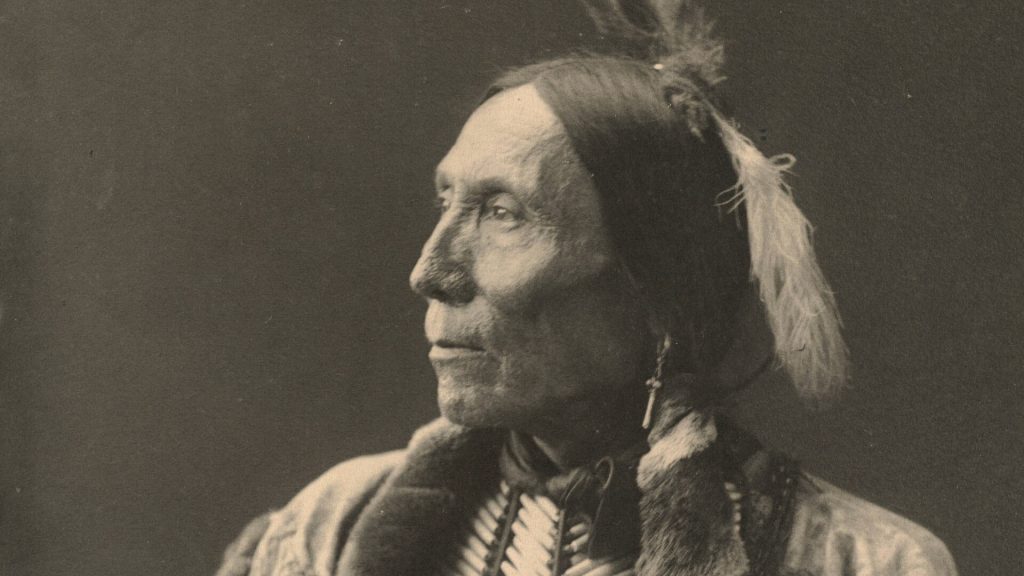
The standard for Europeans was to use money for trading, and they took offense when they realized native Americans expected something in return for items settlers believed had been given to them as gifts.
Gringo
This is a word used primarily in Latin America to describe caucasian people or foreigners, and oftentimes it isn’t meant to be nice.

However, you will find that opinions on whether this is a derogatory term or not can vary, either way it can be taken offensively so keep that in mind.






